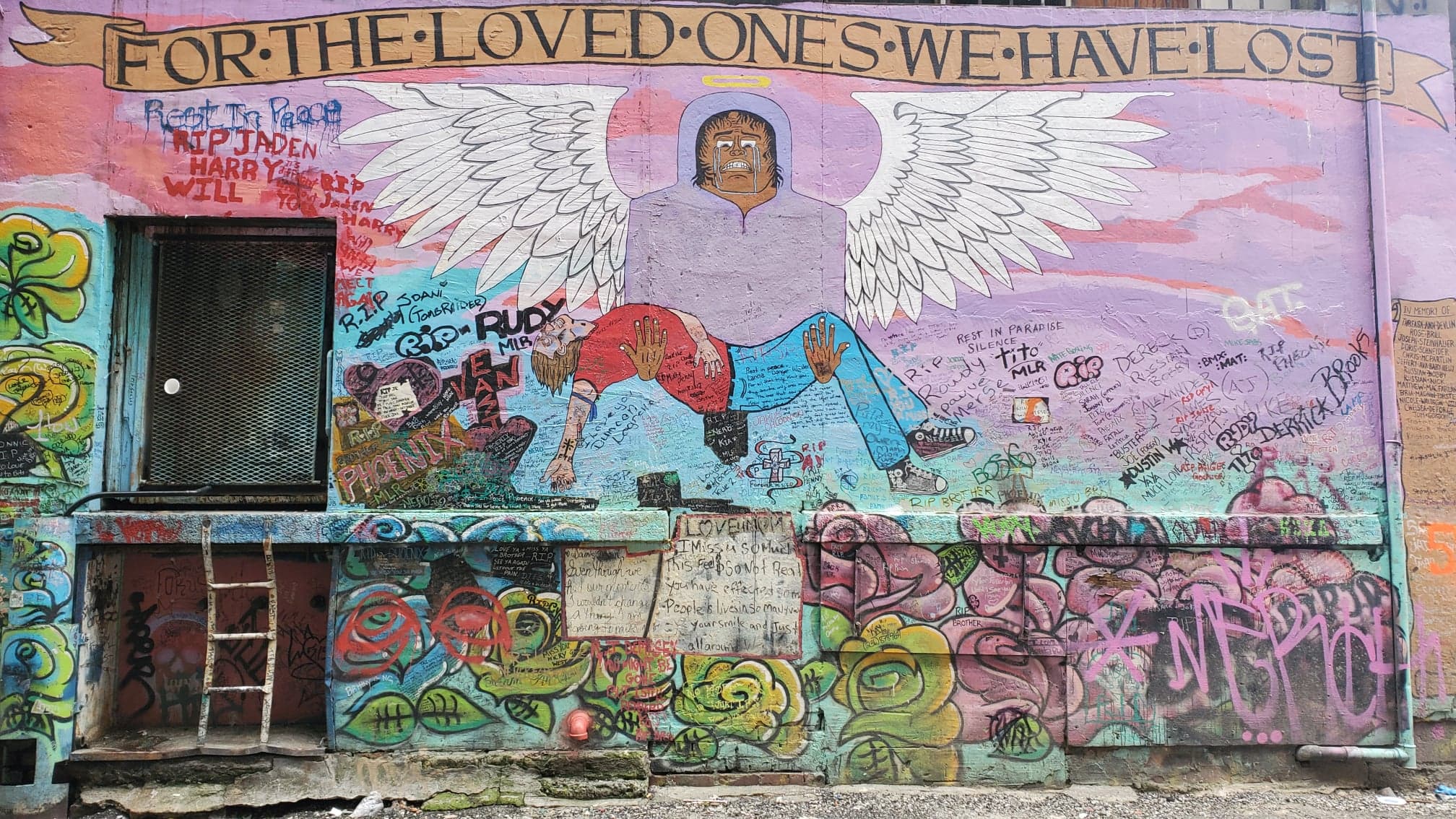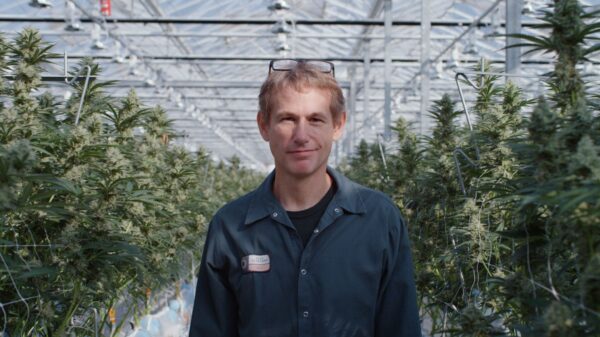On the fifth anniversary of British Columbia declaring the overdose crisis a public health emergency, the province will officially request a federal exemption from Health Canada to decriminalize personal possession of all drugs.
On Wednesday, B.C. officials with the Ministry of Mental Health and Addictions said they’ve been working with Health Canada on an agreement that outlines how B.C. can apply for a provincewide exemption to the Controlled Drugs and Substances Act, which governs simple drug possession.
At least 7,072 British Columbians have died due to illicit drugs since April 14, 2016, according to the BC Coroners Service.
“Stigma drives people to hide their drug use, avoid health care and use alone,” Minister of Mental Health and Addictions Sheila Malcolmson said in a statement.
“Through provincewide decriminalization, we can reduce the fear and shame that keep people silent about their drug use, and support people to reach out for help, life-saving supports and treatment.”
Provincial Health Officer Dr. Bonnie Henry, Premier John Horgan and police chiefs across B.C. have been calling on the federal government to decriminalize simple possession of illicit drugs. In 2019, Dr. Henry released a report that provided evidence and information on how the decriminalization of people who possess illegal drugs for personal use could help turn the tide on the overdose crisis.
When Dr. Henry issued a public health order last September that included expanding a list of available opioid alternatives, Mugglehead asked the province if it was considering cannabis given a number of recent studies show it can be a helpful harm-reduction tool.
The Ministry of Mental Health and Addictions responded: “While there is some promising early evidence of cannabis use for harm reduction, more work is required to document the benefits.”
Read more: BC health officials lukewarm on cannabis as harm reduction

Vancouver’s Downtown Eastside is one of the hardest-hit neighbourhoods in B.C.’s overdose crisis. Photo by Jared Gnam
The number of overdose deaths reached a record high in 2020, with 1,724 lives lost in B.C. At least 329 deaths were recorded alone in the first two months of 2021.
The province also announced that it’s boosting funding to expand overdose prevention services that were first launched in August 2020. A new $45-million investment over the next three years will extend those programs in an effort to save more lives.
Nearly 3,000 overdoses were avoided last year at overdose prevention services, with zero deaths recorded, the B.C. government said.
The province is also expanding access to addiction treatment services, including $36 million to double youth treatment beds and $13.5 million to increase adult beds throughout B.C.
Currently, more than 23,000 people are receiving some form of opioid agonist treatment in B.C. – more than at any other time.
Decriminalization is one additional tool in B.C.’s accelerated overdose response plan that also includes harm reduction, prevention and treatment.
Consultation with Indigenous partners, law enforcement, municipalities and public health officials is being planned on how decriminalization would roll out.
Key issues for consideration are defining simple possession, determining allowable drug amounts and ensuring the readiness of law enforcement, health and social services to support decriminalization.
Last December, Canadian Health Minister Patty Hajdu approved 17 healthcare professionals federal exemptions from the Controlled Drugs and Substances Act to administer psilocybin therapy for cancer patients.
Read more: Canada’s first set of approved health workers begin psilocybin therapy training
Top image Sheila Malcolmson, Minister of Mental Health and Addictions via Province of British Columbia/Flickr Commons
jared@mugglehead.com














